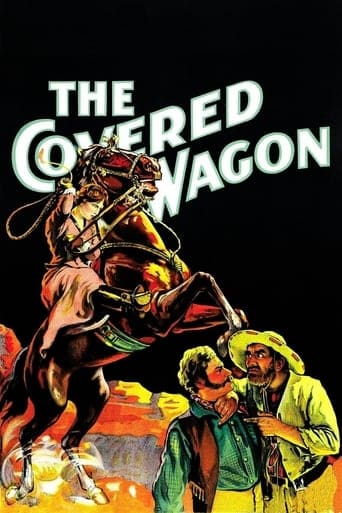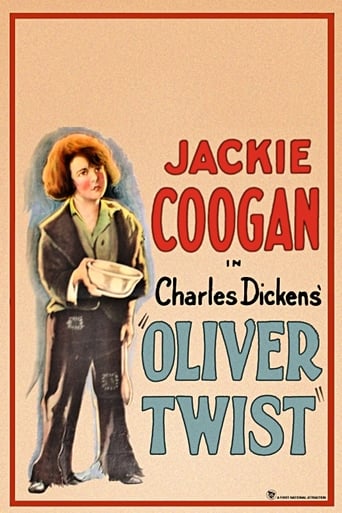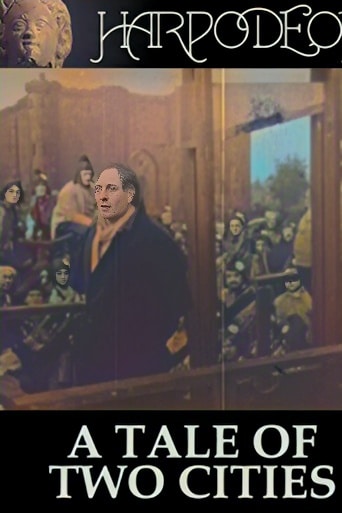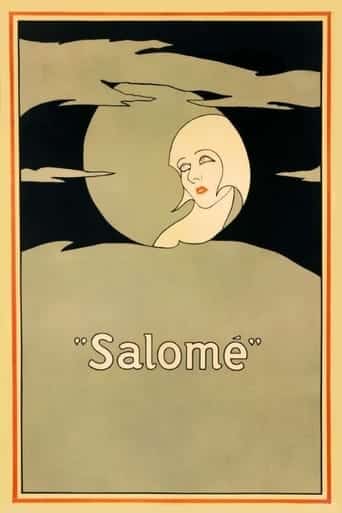Little Lord Fauntleroy (1921)

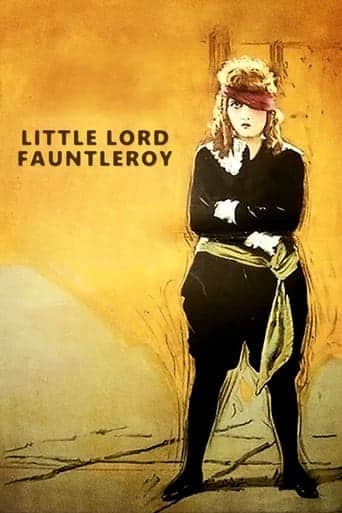 In the silent film era, one cinematic gem stands out as a timeless tale of heritage, kindness, and the transformative power of love—Alfred E. Green’s “Little Lord Fauntleroy” (1921).
In the silent film era, one cinematic gem stands out as a timeless tale of heritage, kindness, and the transformative power of love—Alfred E. Green’s “Little Lord Fauntleroy” (1921).
Starring the luminous Mary Pickford, alongside Claude Gillingwater and Joseph J. Dowling, this adaptation of Frances Hodgson Burnett’s classic novel weaves a narrative that transcends the boundaries of time.
The heart of the story revolves around an American boy, unexpectedly revealed as the long-lost heir to a vast British fortune. The unsuspecting lad is none other than Cedric Errol, portrayed with earnest charm by Mary Pickford. The revelation of Cedric’s aristocratic lineage propels him into a world of privilege, but it is his innate goodness and open heart that become the driving forces behind this heartwarming narrative.
Cedric’s journey begins in the vibrant landscape of America, where he lives with his devoted mother in modest circumstances. The introduction of his aristocratic heritage comes as a surprise, and Pickford’s portrayal captures the genuine innocence and curiosity that define the character. Her performance, marked by a childlike sincerity, endears Cedric to audiences as he embarks on his unexpected odyssey.
The narrative takes a turn as Cedric is sent to live with his previously unknown grandfather, the stern and unsentimental Earl of Dorincourt, played with measured gravitas by Claude Gillingwater. Dowling, in the role of Mr. Hobbs, Cedric’s mother’s humble but caring friend, adds depth to the cast with his genuine portrayal.
At the grand estate of Dorincourt, the stark contrast between Cedric’s warmth and the Earl’s stoicism becomes evident. The clash of their worlds forms the crux of the narrative, exploring themes of class divide, societal expectations, and the universal need for compassion. “Little Lord Fauntleroy” becomes a tale not just of familial discovery but also of bridging gaps that go beyond mere social strata.
As the relationship between Cedric and his grandfather unfolds, the transformative power of the boy’s inherent goodness becomes a catalyst for change. The Earl’s icy exterior begins to thaw, revealing a softer, more compassionate core. It is this emotional journey that distinguishes “Little Lord Fauntleroy” as a narrative with profound human resonance.
The film’s visual narrative is enriched by Pickford’s expressive acting, capturing Cedric’s emotional highs and lows with remarkable nuance. Green’s direction, complemented by Charles Rosher’s cinematography, immerses the audience in the opulence of Dorincourt’s estate while retaining the emotional intimacy crucial to the story’s impact.
“Little Lord Fauntleroy” transcends its silent film origins through the universal themes it explores. The story’s enduring appeal lies in its ability to resonate with audiences across generations, emphasizing the significance of kindness, empathy, and the transformative nature of love.
The film’s legacy is further heightened by its relevance beyond the screen. The character of Little Lord Fauntleroy, with his distinctive velvet suits and golden curls, became an iconic image associated with innocence and virtue. Pickford’s portrayal not only solidified her status as “America’s Sweetheart” but also contributed to the cultural lexicon of the time.
In conclusion, “Little Lord Fauntleroy” (1921) stands as a testament to the enduring power of storytelling. With Mary Pickford’s endearing performance, a compelling narrative, and the exploration of timeless themes, the film continues to captivate audiences, inviting them into a world where the warmth of a young boy’s heart has the power to transform lives and unite disparate worlds. Alfred E. Green’s direction, coupled with a stellar cast, ensures that “Little Lord Fauntleroy” remains a classic that transcends the boundaries of time and speaks to the universal truths that define the human experience.
Release Date: September 15th, 1921
Main Cast Members
Mary Pickford (Cedric Errol / Widow Errol)
Claude Gillingwater (Earl of Dorincourt)
Joseph J. Dowling (William Havisham)
James A. Marcus (Hobbs)
Kate Price (Mrs. McGinty)
Fred Malatesta (Dick)
Rose Dione (Minna)
Loading live eBay listings...

